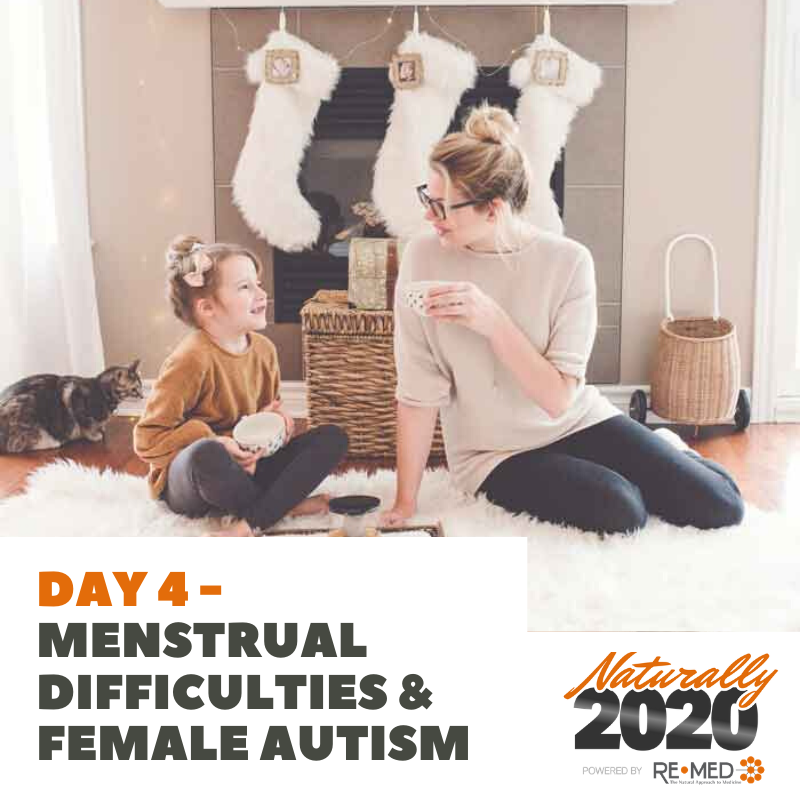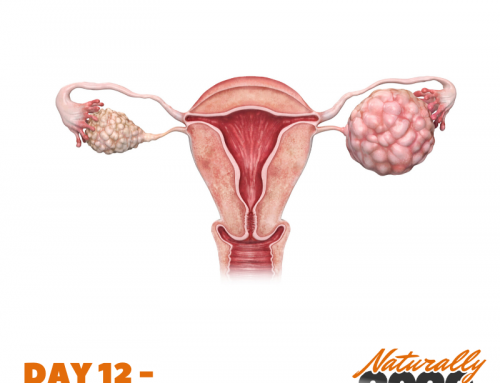In recent years, the acceptance and visibility of female autism has meant more scientific research dedicated to the health challenges associated with it. And the research shows that women on the spectrum suffer menstrual disorders significantly more often and more severely.
The problem of studying health in female autism, in the past, was due to missed diagnosis because of the medical assumption that female autism was rare, and that generally girls and women didn’t get autism. Experts today, such as Prof. Tony Attwood, state that the female autistic brain has a remarkable ability towards social mimicry and camouflage. So clinical detection and assessment of female autism was missed. Instead it was labelled as other things like social communication disorder or general anxiety.
So how did a study in 2007 manage to determine that primary dysmenorrhoea (period pain) in high functioning autistic women was more frequent and severe than in women who were not on the spectrum. How did they get around the problem of missed diagnosis? They took 140 female students, 70 with and 70 without primary dysmenorrhea, and assessed them for an autism diagnosis. They concluded a clear pattern of not only higher prevalence in ASD women, but symptom severity correlated with degree of autistic traits. The more severe on the autism spectrum, the more severe the period pain.
Moving forward in time, as female autism diagnosis was getting better, a study in 2014 took 830 women of half formally diagnosed and half control group. The study recorded data on diagnosed menstrual disorders and co-morbidities of the 830 women. From this data set, some uncomfortable patterns were beginning to become visible in the field of health science about female autism.
- Period pain was 1.82 more frequent in ASD women
- Polycystic ovarian syndrome was 2.5 times more frequent ASD females
- ASD women on the pill had higher rates of excess bleeding and PMS
- Severe acne was 4 times more frequent in ASD women
- Precocious puberty (early onset <10yrs) was 7 times more frequent in ASD girls
- ASD women with epilepsy had seizure activity exacerbated by changes in the menstrual
cycle.
These studies raised more questions than it answered at the time. Why is there an association between menstrual difficulties and female autism? Do ASD women score higher levels of pain because of sensory processing issues? Or are there real measurable biomarkers of sex hormone abnormalities relating to the degree of autism severity?
The good news, there is greater scientific understanding of why how and why menstrual disorders and female autism are related. And the best news, herbal and nutritional medicine has big role to play. Learn more about it in a consult with me.







Leave A Comment